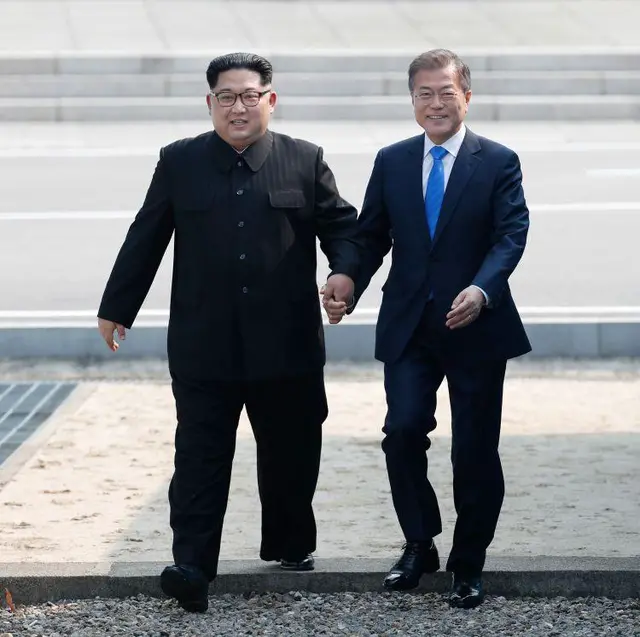The "substantive" round of talks on Iranian nuclear issues touched upon some controversial problems, EU foreign policy chief Catherine Ashton and Iranian Foreign Minister Javad Zarif said on Wednesday in a joint statement after a two-day meeting in Vienna.
Ashton and Zarif said the "useful" talks covered core issues surrounding the Iranian nuclear issue, including enrichment, heavy water reactor, civilian cooperation and possible relief of sanctions on Iran.
Western nations are asking Iran to significantly scale back its nuclear program to ensure the peaceful nature of Tehran's nuclear plan. They are suspicious of plutonium enrichment at the Arak heavy water reactor.
Meanwhile, Iran wants the West to relieve sanctions imposed on the country.
A senior U.S. official involved in the talks told reporters after the meeting that U.S. and Iran understood each other better than before through the talks.
"We understand each other's stand," the official said, adding that U.S. could not accept a heavy water reactor in Iran.
Iran and the six powers to the meeting, the United States, China, Russia, Britain, France and Germany, agreed that the next round of talks would reconvene on May 7 in Vienna, which would continue to discuss tough issues.
"We had substantive and useful discussions, covering a set of issues, including enrichment, the Arak reactor, civil nuclear cooperation and sanctions," European Union foreign policy chief Catherine Ashton told reporters after the two-day talks in Vienna.
The enrichment, the Arak heavy water reactor and the sanction are supposed to be the toughest issues in the struggling diplomatic effort.
The unaccomplished Arak heavy water reactor is a main concern of the western states, because once it goes into operation, the reactor could be used to produce fuel, plutonium, for making a nuclear bomb.
However, Iranian Foreign Minister Javad Zarif said that the Arak reactor is part of Iran's nuclear programme and will not be closed down,
The difference between Iran and the west gives rise to a compromise, the modification of the heavy water reactor to a light water reactor which could hardly produce weapon grade plutonium for the bomb.
Diplomats told Xinhua that expert meeting has discussed the modification issue, and the option is on the table.
In regard to the enrichment, another core issue needed to be addressed, the senior U.S. Official said "We understand what Iran hopes for and Iran know what we hope for," and the Fodow site issue has been discussed in the negotiation. Iran has serval uranium enrich site, in which, the Fodow site, an underground one that mainly produces 20 per cent enriched uranium worries the west most, as the western states fear Iran could use it to produce weapon grade nuclear fuel as it could resist the air strike.
The talk could be tougher in the future, as the parties in the talk has to make a subtle agreement which, in Tehran's aspect, should respects Iran's nuclear right while addressing the world concern.
Ahead of the talks, during Ashton's visit to Tehran, she said "there is no guarantee that we will succeed", indicating the gap between Iran and the west is still large.
Iran's negotiators faced domestic pressure to make compromise in the deal, before the talk, 200 Iranian lawmakers issued a statement urging Tehran's negotiators not to withdraw from the rights of the Iranian nation.
Earlier this month, Prime Minister Benjamin Netanyahu told U.S. President Barack Obama that he would never compromise on Israel's security even as the U.S. president sought to reassure him on Iran nuclear diplomacy and pressure him on Middle East peace talks.
The interim deal made in Geneva between Iran and p5+1 group will expire in July, leaving only 4 month for the diplomacy.
All sides agreed that the next round of talk would reconvene on May 7 in Vienna, which would continue to discuss tough issues in the talk.
The three-day talks ended up earlier than planned to honor the Persian Nowruz holidays.
Iran and the six major states struck a 6-month interim deal in Geneva, according to which Iran would suspend some controversial nuclear activities starting on Jan. 20, while western states would lift some sanctions imposed on Iran.
 简体中文
简体中文

